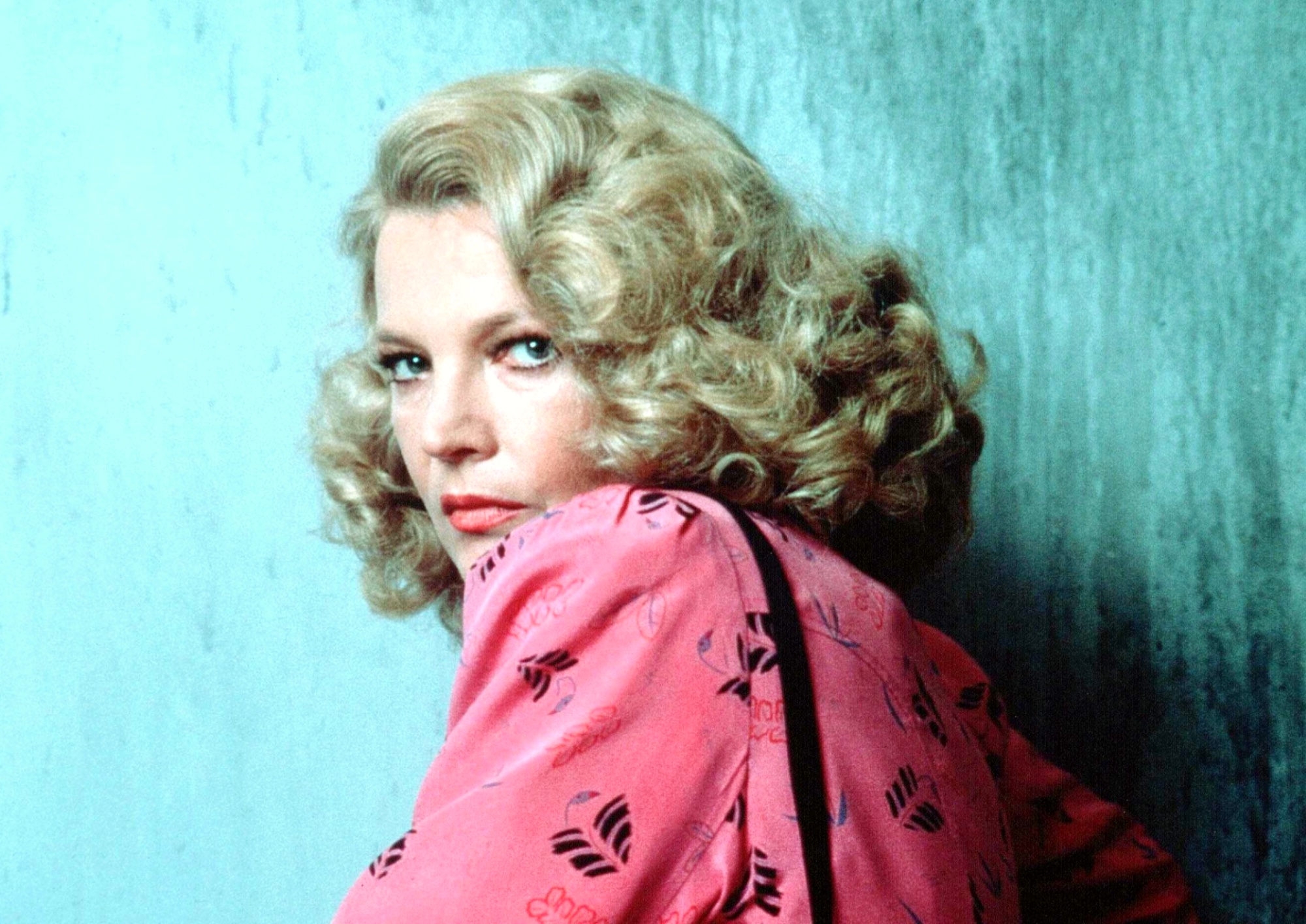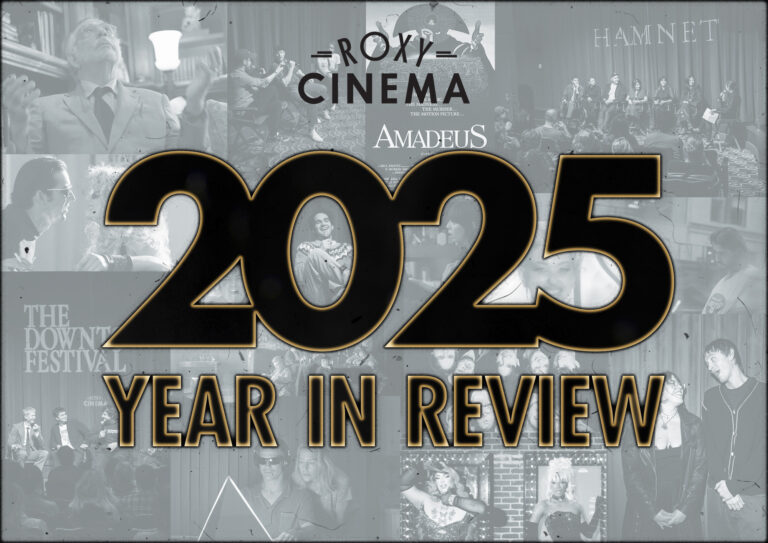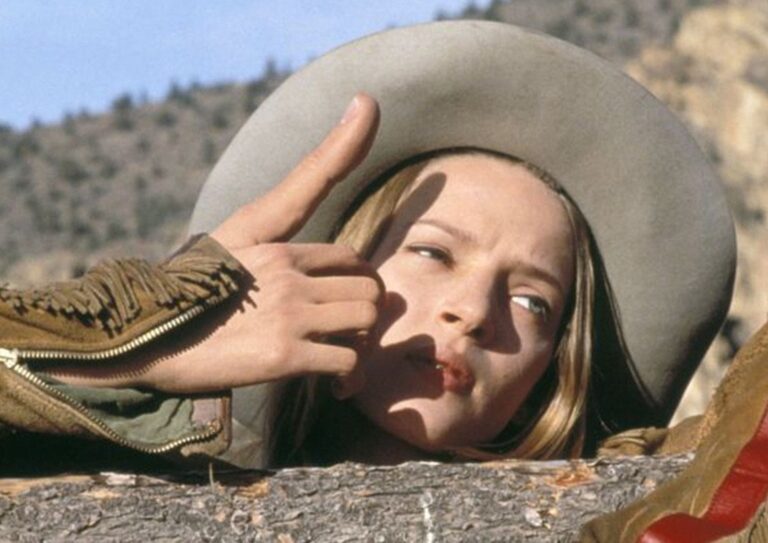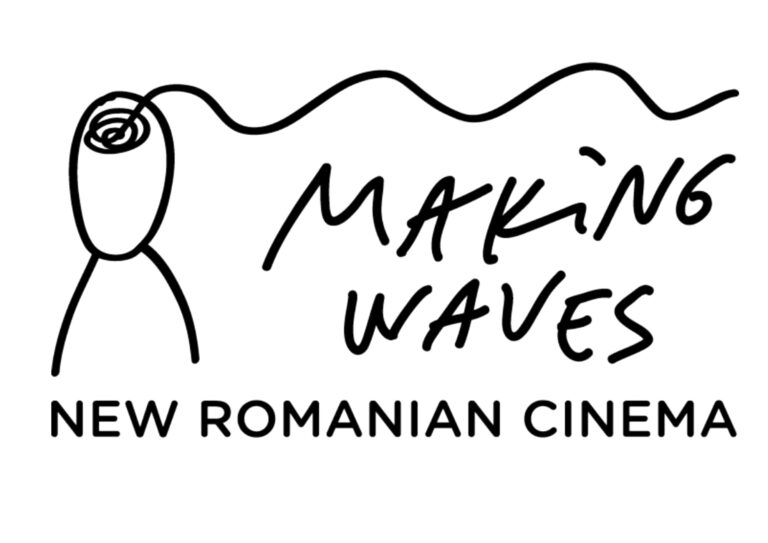Under Her Influence: The Work of Gena Rowlands
Honoring the life of a legendary actress who will always have our heart.

Born June 19, 1930, Gena Rowlands looms large as one of the rare, totally unimpeachable actors – a master of the form, both intuitive and ingenious, her stylings and approach to her craft serving as the basis for much of what we consider “good” cinematic acting at this point in history. An electric mix of classical stage influences, plus sharp improvisational instincts undergirded by a mischievous, near-Brechtian relationship with realism and Drama, a Gena Rowlands performance remains distinctive and utterly unpredictable (yet perfectly legible), even under the weight of contemporary, media jadedness. Rowlands would get her start in the acting profession some time in the early 50’s, starting out as a regional theatre actor, before graduating to Broadway, then television and then film; her career moving parallel to that of her husband, the late, great independent filmmaker John Cassavetes. While Rowlands acting work branched out beyond Cassavetes’ world on occasion, her collaborations with her husband would be the defining work of both their careers, their partnership something of legend that few, if any, have been able to really recreate (though not for lack of trying). Cassavetes would pass in 1989, at the age of 59, and while Rowlands continued to work (mostly keeping it in the family, turning up for son Nick Cassavetes’ projects like The Notebook, but also finding time for the likes of Paul Schrader and Terence Davies) nothing quite matched the imagination significance of what came from this one-of-a-kind artistic/domestic partnership.
These are (largely) the films that we choose to celebrate this September/October here at Roxy Cinema, where we are thrilled to present a quick retrospective of Gena Rowlands weightiest work in the wake of her August, 14 passing.
Another Woman (1988)
The sole, non-Cassavetes film of the retrospective, Woody Allen’s Another Woman came at the end of the now-disgraced, NYC auteur’s Very Dramatic, majorly Bergman-influenced, 80’s period. A rare starring role for Rowlands not directed by her husband, Another Woman casts her as a feminine Woody-stand-in; a smug, yet charismatic philosophy professor parsing through a history of affairs and entanglements while attempting to write a new book and eavesdropping on a neighboring psychiatric office. One of Allen’s more oblique and crafty scripts, Another Woman afforded Rowlands her greatest role out from under the Cassavetes umbrella, and this director a performance possibly grander than his film.
A Woman Under the Influence (1974)
Arguably the most famous of the Cassavetes/Rowlands collabs, A Woman Under the Influence would earn Rowlands 1 of 2 Oscar nominations and reshape the director/actor relationship forever. A fraught, domestic melodrama, A Woman Under the Influence casts Rowlands as a working class Peter Falk’s erratic, good-intentioned housewife, hounded by addictions as well as the pressures and scrutiny that come with it. A groundbreaking film in terms of performance (brought forth from tireless rehearsal and improv) and social implication, A Woman Under the Influence is a defining film, culturally and artistically.
Faces (1968)
The Cassavetes crew’s sole collaboration with eventual Best Supporting Actor nominee John Marley (beloved by horror fans for iconic appearances in The Twilight Zone, The Alfred Hitchock Hour and Bob Clark’s Deathdream), Faces casts Rowlands as The Other Woman in a circuitous, downbeat tale of infidelity and mismanaged expectations that marks the first major cinematic collaboration between Cassavetes and Rowlands.
Gloria (1980)
Earning Rowlands her second and final Academy Award Nomination, Cassavetes late period thriller Gloria positioned the actress (now in her 50’s) as hardened noir-figure, defending a young orphan against the force of the NYC mob. A neo-noir classic that perfectly weds Cassavetes scrappy realism with pulp antics, Gloria is one of the flashier films to come out of the the couple’s artistic partnership, and also perhaps, their most broadly appealing.
Opening Night (1977)
Perhaps the most elusive of the Rowlands/Cassavetes collabs, 1977’s Opening Night sees Gena as a dissatisfied actress attempting to mount a new theatrical production while reckoning with witnessing the death of a fan. Facing off against an antagonist Cassavetes (playing her inscrutable semi-sinister co-lead in the play), Opening Night surpasses the domestic melodrama of the most famous Rowlands/Cassavetes collabs in favor of something harder to pinpoint, and all the more discomfiting. In part a movie about stage performance, mostly a movie about life as performance.
Minnie and Moskowitz (1971)
Set up as a kooky romcom between a mismatched couple (he’s a parking attendant, she’s a museum curator), Minnie and Moskowitz remains (appealingly) close to the usual Rowlands/Cassavetes playbook, sanding off the potential sillier edges of the premise while attempting to locate a grounding realism in the archetypal leads. Rowlands and co-lead Seymour Cassel do so with verve and apparent ease, contorting something Very Hollywood into something painfully (and delightfully) comical.
Love Streams (1984)
A Cannon Films production that would prove to be Cassavetes’ second-to-last directorial work, Love Streams returns Rowlands and her husband to the melodrama they were best known for, albeit infected by an unexpected surrealism previously danced around. Provocatively casting husband and wife as brother and sister, Love Streams places Rowlands and Cassavetes side-by-side as siblings struggling with the desire to love and be loved – but also to be free. Equal parts painful and hopeful, Love Streams approaches the Rowlands/Cassavetes fascination with the tension between love and fidelity in a fashion that feels entirely novel from what has come before, a new breakthrough at the end of a spectacular career.
__________
Words by Mitchell Mailloux Glidden



